For many women, the transition from actively engaged 50-year-old to septuagenarian retiree is daunting. Not only are there the unpleasant physical changes of menopause, but there is the emotional challenge of watching children move away and begin their own families, while being left with the uneasy task of facing mortality.
Yet at age 60 or 70, women still have many years, if not decades, ahead of them to pursue new careers, hobbies and educational endeavors. What was missing for many was a way to celebrate this Jewishly.
Then, in 1986, the late Savina Teubal, a Los Angeles woman who was 60 at the time, created the simchat chochmah (“joy of wisdom”), a ritual that celebrates wisdom and what lies ahead in a woman’s life. In an article Teubal wrote that was included in the 1992 anthology “Four Centuries of Jewish Women’s Spirituality,” she explained how she created the ritual as a way to celebrate the transition into the next stage of life.
“I created a ceremony, a rite of passage from adult to elder, to establish my presence in the community as a functional and useful human being,” she wrote. “The ritual also served some personal needs: that of facing my mortality, for instance … I felt that a crone ceremony filled a significant need in our society.”
In the nearly three decades since Teubal created this ritual, women in the Reform, Reconstructionist and Renewal movements of Judaism have chosen to celebrate a simchat chochmah at the beginning of either their seventh or eighth decade of life, reclaiming their importance in society as holders of wisdom and productive members of the community.
Although there is no standard way to celebrate, many women base their ceremonies on Teubal’s blueprint. One common feature is the presence of the song, “L’chi Lach,” at some point during the festivities, as well as shared personal reflections on life from each of the participants.
Part of the preparation for the ceremony involves religious study. Women celebrating their simchat chochma often choose to focus on the stories of strong, older women in the Torah, and use that as a jumping-off point for reflecting on their own lives as mature women in a Jewish context.
Among those who have had the ritual is Nancy Federman of Westlake Village. On June 8, she and three of her closest friends — Frima Telerant, Patty Kaye and Judy Maller — celebrated their simchat chochmah together at First Neighborhood Community Center in Westlake Village, a venue that comfortably held all 200 guests and had plenty of outdoor space for dining, dancing and shmoozing after the service.
“We wanted to do something special to mark our 70th birthdays with a Jewish ritual, with each of us doing something new that we had never done before, like wearing a kippah or tallit, or reading Torah aloud in public,” Federman said.
After a service that consisted of prayers, blessings, Torah readings and shared personal reflections from each woman, there was a ceremony that involved activities such as tree planting, singing, traditional dancing and, of course, lots of delicious food. The women also gathered six barrels worth of nonperishable food items to donate to Jewish Family Service’s SOVA Community Food and Resource Program.
The entire planning process, from start to finish, took two years, but it was worth it, according to Federman.
“To me personally,” she said, “the simchat chochmah was an opportunity to celebrate not only a significant birthday, but also to share my strong Jewish identity with family and friends, and reaffirm my faith and the mitzvot I perform. And it did just that.”
The women all met each other between 20 and 40 years ago, through a mix of religious studies courses and well-timed introductions via mutual friends.
“We realized a while ago we were the same age, born in 1943,” said Kaye, also of Westlake Village. “We celebrated our 60th and 65th birthdays with a getaway trip, but wanted to do something very special for our 70th. We also wanted to do something Jewish. Because we are close friends, we felt that we would enjoy planning and holding this wonderful event together.”
Federman was aware of the ceremony, and shared the idea with the other women. They then watched “Timbrels and Torahs,” a 2000 film about the ritual, and started planning in earnest from there.
During the ceremony, each of the women shared their reflections with family and friends in a different way.
“I used ideas of community, transition and friendship,” Kaye said. “I spoke of my mother, who at 101, was present. I also stressed how extended family and good friends have influenced my life, and how I hopefully will continue to learn from all of them.”
Maller, who lives in Encino, spoke about a specific Shabbat experience that she and her husband had in Lublin, Poland.
“We had Sabbath services in a popular restaurant in the old city. There was a klezmer band that was rocking, and the place was packed with Polish people stamping their feet and clapping to Yiddish and Hebrew music and participating in a Jewish service. I thought of those people struggling to become Jews again in a place like Poland. This celebration was a turning point in my life,” she said.
Telerant of Westwood talked about the women who had the greatest influence on her life — her mother, mother-in-law, friends and daughters — and how they, and Judaism, taught her how to navigate the difficult intricacies of the world and the relationships within it.
“I hope that the traditions and values of Judaism which have enriched my life are embedded in my children and that they will teach them to theirs. Living Jewishly has given shape and meaning to my life and to theirs,” she said. “Whatever the future brings, I know that I will be able to deal with the challenges ahead because of my faith, my traditions, my family and my friends.”







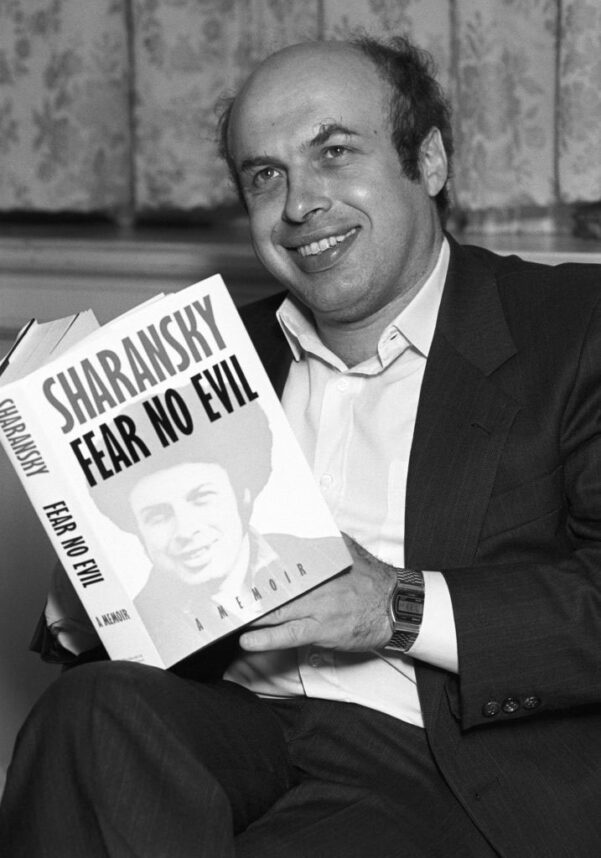


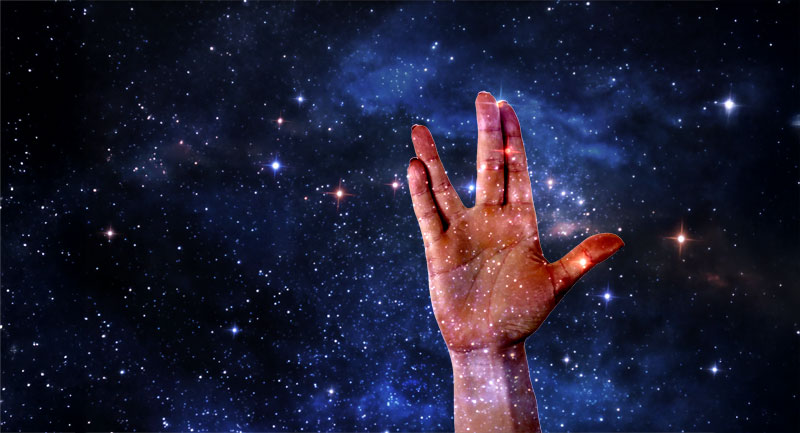
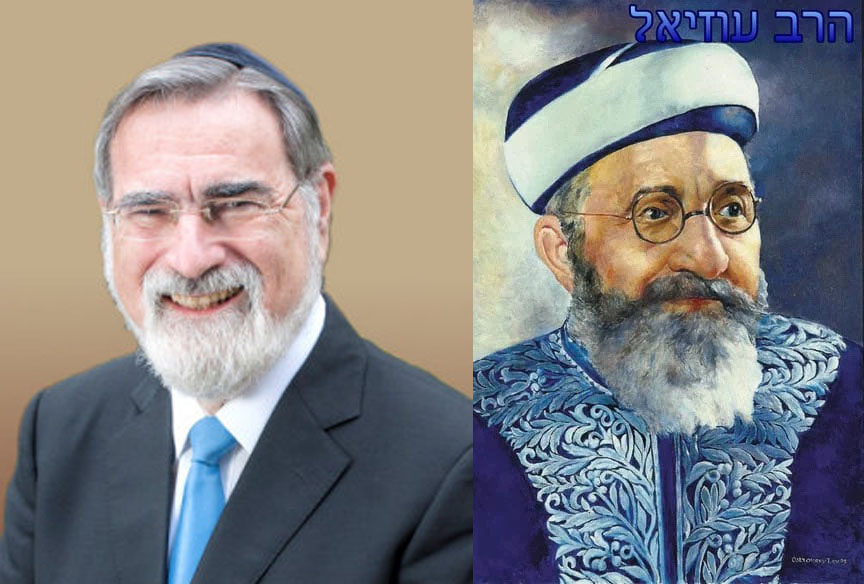
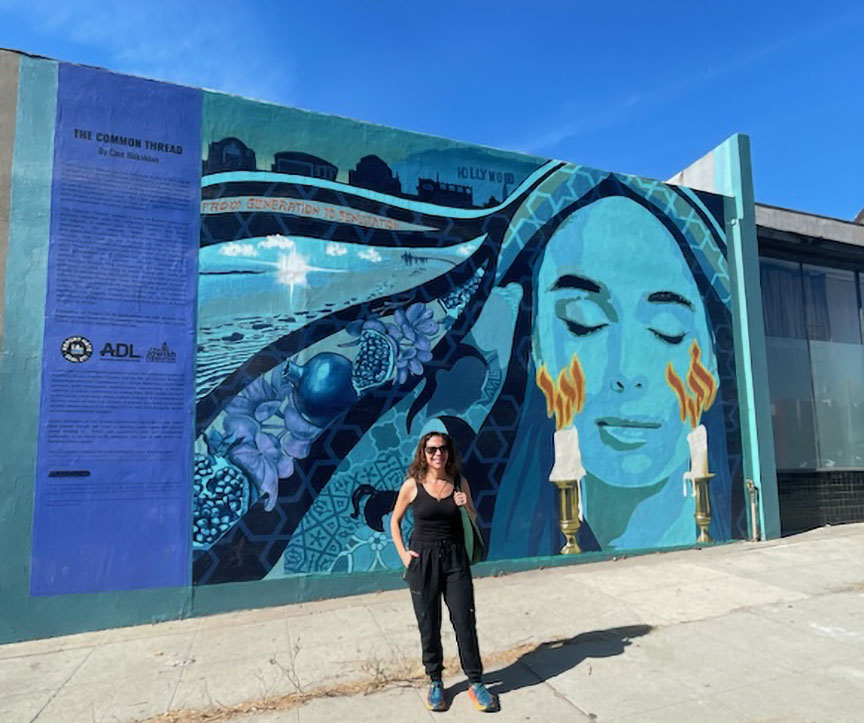
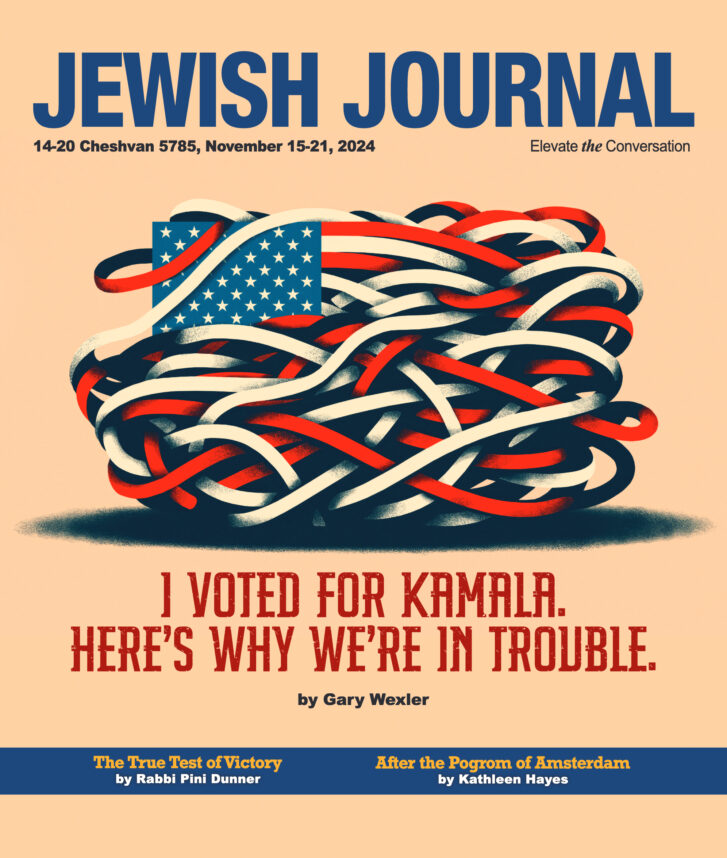
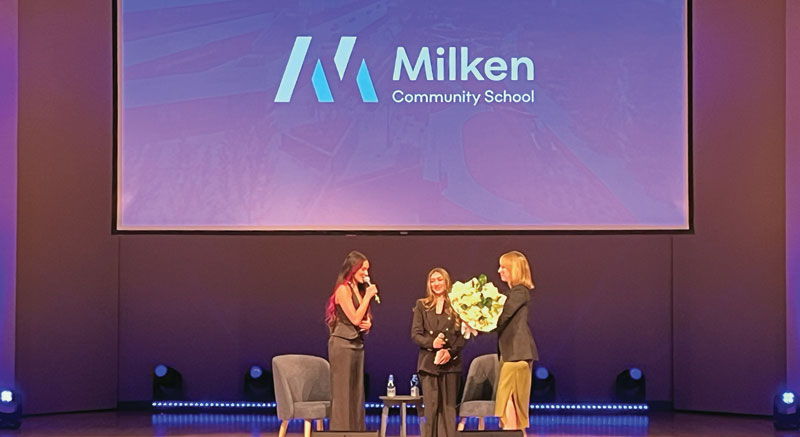
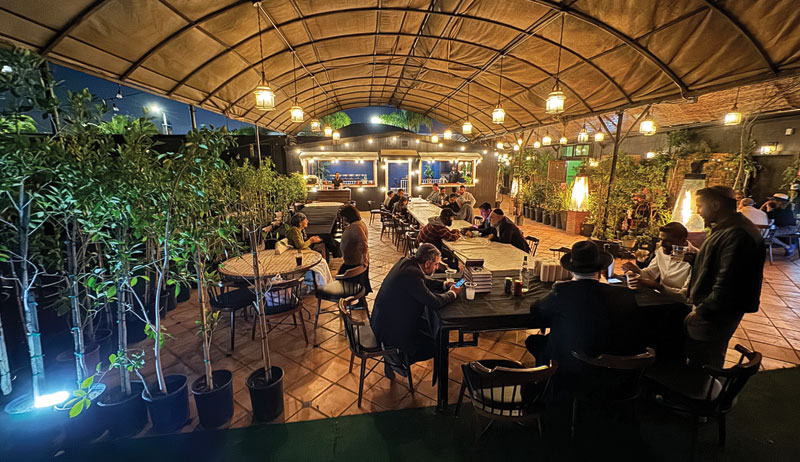





 More news and opinions than at a Shabbat dinner, right in your inbox.
More news and opinions than at a Shabbat dinner, right in your inbox.